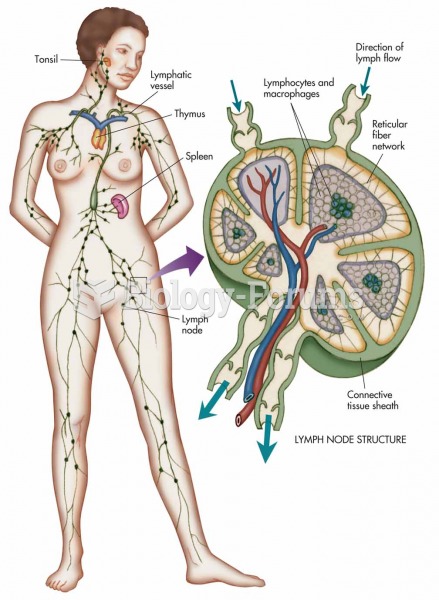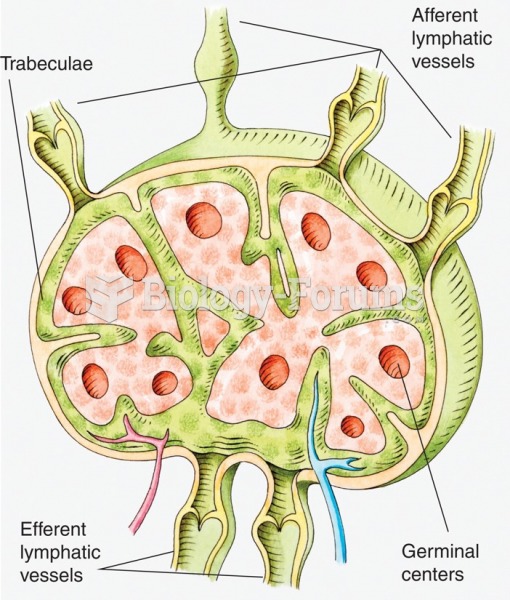Mrs. Howe, age 59, had a bilateral mastectomy with axillary node dissection and was discharged home 2 days later with drains in situ. Contrary to the nurses' predischarge teaching,
Mrs. Howe attempted to remove one of her drains independently once output ceased, resulting
in pain, tissue trauma, and bleeding. Mrs. Howe claims that her injuries were the result of negligence by the nurses on the unit. How would the court apply the principle of comparative
negligence in this case?
A) The court would determine what proportion of the patient's injuries was the result of her
own actions.
B) The court would compare Mrs. Howe's actions with those of a reasonable person.
C) The court would determine whether it was medically appropriate to discharge Mrs. Howe
with her drains still in situ.
D) The court would decide if the nurses on the postsurgical unit are legally obliged to teach
patients.
Question 2
A nursing student who has held a variety of nonnursing positions is scheduled to graduate in a few weeks and is searching for a nursing job.
The student has responded to a posting at a
local hospital that asks for two references. Which of the following individuals would be the
best choices for these two references?
A) A trusted coworker and a nurse who supervised the student during a preceptorship
B) A family friend who knows the student well and the associate dean of the nursing school
C) The two work supervisors with whom the student has the strongest rapport
D) A nursing instructor and the supervisor of the student's latest job







